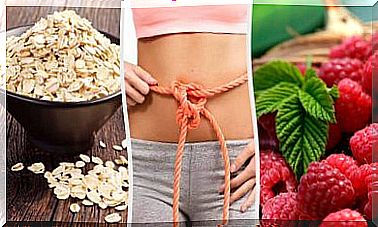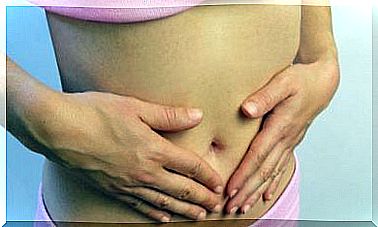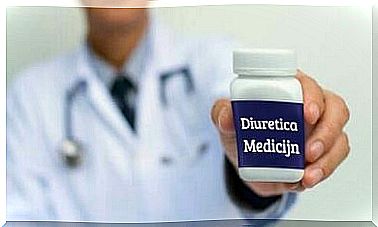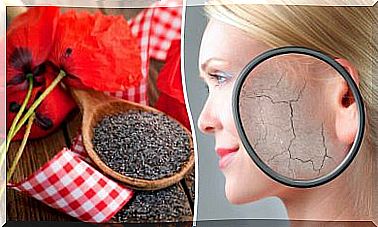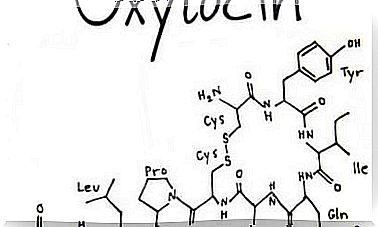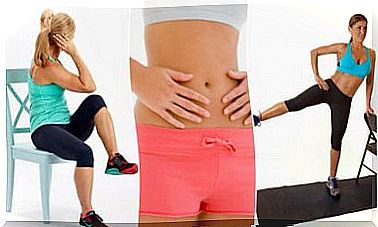5 Questions About Fake Food News
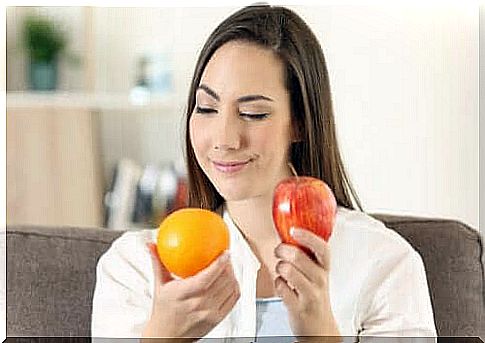
Fake news is appearing more and more. Thanks to social media and the internet, there is an avalanche of information that we have access to today. That is why fake news about food is becoming more common.
The theme of nutrition accounts for more than half (54%) of the fake news discovered by doctors who participated in the Study on Fake News in Health (Spanish link).
In general, something is considered fake news about food when it comes to stories that are exaggerated for good or bad. This happens when the benefit of a single food is greater than that which is healthy. In today’s article, we’ll cover 5 examples of fake food news you need to know!
Five questions about fake news about food
A publication in Nutrition Today suggests that we need to make educational efforts to help consumers recognize the scientific misinformation being given about nutrition. The aim is to make people more aware of fake news about food. Pay attention to terms such as:
- ‘nutritional cures’
- ‘wonderful foods’
- ‘alarming messages’
So today we’re going to take a look at some of the most popular questions that often come up with fake food news. Read on to find out if your knowledge is correct!
1. Does Eating Burnt Toast Cause Cancer?
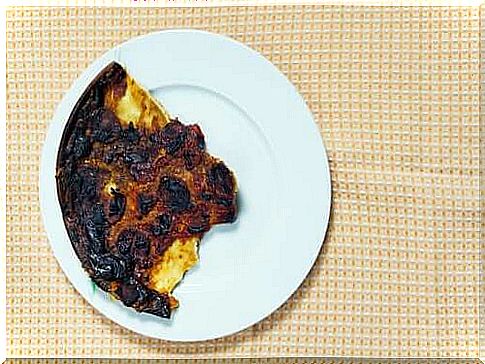
Acrylamide, a substance classified by the International Association of Cancer Registries , is formed when bread burns, among other things. This is also probably carcinogenic to humans.
However, for this substance to appear, the food must contain reduced sugars and amino acids (mainly asparagine) and be heated at temperatures above 120°C. Therefore, it is not always present and is not exclusively the case for bread. It can also be the case with products such as:
- potatoes.
- croquettes.
- pastry.
- coffee.
- breakfast cereals.
- and much more.
In 2015, the European Food Safety Authority raised concerns about dietary exposure to acrylamide. Although large amounts must be consumed to pose a health risk, it is advisable to reduce the intake of acrylamide.
It is better not to heat food above 170 ° C and the food may have a roasted color, but not be dark brown or black.
2. Can I drink whole milk while on a diet?
Is the choice for skimmed milks when following a diet to lose weight good advice? After all, the aim has long been to reduce calories and fat without regard to other aspects of eating.
However, current scientific evidence seems to argue the opposite, as we see in this article published in The American Journal of Clinical Nutrition .
In addition, even among their recommendations, the European guidelines for the treatment of obesity in adults include replacing low-fat dairy with full-fat dairy as a strategy for managing current obesity problems.
3. Is lemon water cleansing?
The claim that lemon water is cleansing and helps to lose weight is fake news. It is not purifying and we do not need it. In fact, we have three organs in the body that are already responsible for the cleansing, namely the:
- liver
- kidneys
- lungs
Lemon is rich in citric acid, an antioxidant that acts as a pH buffer. This could be why there is so much fake news on this subject. However, there is no such thing as a true cleansing food!
4. Eating fruit makes you fat after a meal?

Different fruits provide a variable amount of calories. However, the amount of calories that a piece of fruit provides is always the same. So it does not matter whether you consume the fruit before, during or after a meal.
There is no scientific evidence to suggest that the amount of calories in a piece of fruit can vary depending on when it is eaten.
In fact, there are indications that it is easier to lose weight with a high consumption of fruits and vegetables. This article (link) further supports this. One of the possible ways fruits and vegetables can contribute to weight loss is the effect they have on feelings of satiety.
5. Does Eating Five Times a Day Speed Up Your Metabolism?
This idea stems from the fact that eating consumes energy for digesting and breaking down food into individual components. This is the thermogenic effect of food.
However, it turns out that the amount of calories used in digestion is more or less proportional to the volume of food eaten and the type of macronutrients.
Therefore, it usually does not matter whether it is in 3 or 5 meals, because the thermogenic effect will be the same. So if we consume a diet of 2,000 kcal per day, it does not matter whether we divide it over 3 or 5 meals.
The Journal of Nutrition published a study in which the authors concluded that there is no solid scientific evidence that increasing the frequency of meals has a positive effect on weight loss.
Conclusion on fake news about food
So there is a lot of fake news about food and related to food. There are many more topics and not just the questions we discussed in this article. That is why it is best to seek advice from certified professionals, such as your GP or dietitian.
In this way we can avoid mistaking fake news for the truth. This is very important as those beliefs could even harm our health.
